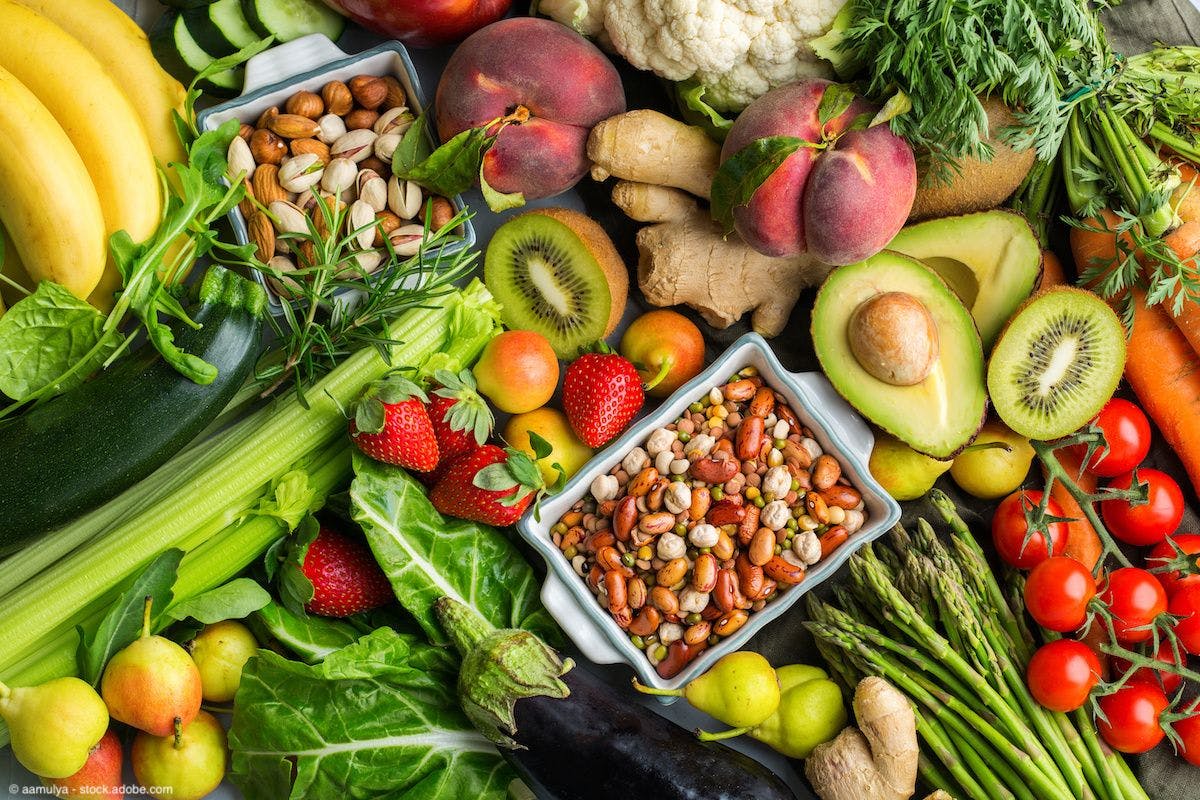Plant-Based Diets Lower The Risk Of Prostate Cancer Progressing By 47%

A recent study published in JAMA Network Open has revealed that men diagnosed with prostate cancer who adhere to a plant-based diet have a significantly lower risk of the disease progressing or recurring. The study found that those with the highest intake of plant-based foods had a 47% reduced risk compared to those who primarily consumed meat and dairy-based diets.
The researchers noted that fruits and vegetables contain a variety of phytochemicals, including antioxidants and anti-inflammatory compounds, which have been shown to protect against prostate cancer. Additionally, plant foods provide dietary fiber, which can promote satiety and help regulate blood glucose levels.
Conversely, animal-based foods such as meat and dairy have been linked to increased exposure to potentially harmful substances like hormones and heterocyclic amines. The study highlighted that high consumption of red and processed meats and dairy products has been associated with increased insulin resistance and elevated levels of insulin-like growth factor-1, both of which are linked to a higher risk of prostate cancer and potentially higher mortality rates. Specifically, whole milk was associated with an increased risk of prostate cancer recurrence.
Lead author Vivian N. Liu from the University of California, San Francisco, and her colleagues analyzed data from 2,062 men with prostate cancer as part of the Cancer of the Prostate Strategic Urologic Research Endeavor (CaPSURE). They collected detailed dietary information from each participant to assess the impact of plant-based diets on prostate cancer outcomes.
Prostate cancer is the second most commonly diagnosed cancer among men in the U.S. While doctors often recommend that cancer patients follow plant-based diets rich in whole grains, fruits, and vegetables, Liu and her team investigated how such diets specifically benefit men with prostate cancer.
Out of the 2,062 participants, 170 experienced a recurrence of prostate cancer, seven developed bone metastases, and 13 died from the disease. The study observed that those with higher intakes of plant-based foods tended to walk faster, had a lower body mass index (BMI), and were less likely to smoke. They also consumed fewer calories compared to those with lower intakes of plant-based foods.
Participants in the highest quintile of plant-based diet consumption ate, on average, 1.9 additional servings of vegetables, 1.6 more servings of fruit, 0.9 more servings of whole grains, and consumed less dairy and animal fat compared to those in the lowest quintile. They also ate slightly fewer eggs and marginally less meat.
“Our findings align with previous reports that plant-based diets may improve prostate cancer outcomes,” the authors concluded. They cited a 2022 study which found that a plant-based diet was associated with a 19% lower risk of fatal prostate cancer among 47,243 men.
The researchers emphasized that even modest reductions in the intake of animal products, in favor of more nutrient-dense plant-based foods, could be beneficial. This shift could potentially improve outcomes for men with prostate cancer and reduce the overall risk of disease progression.


